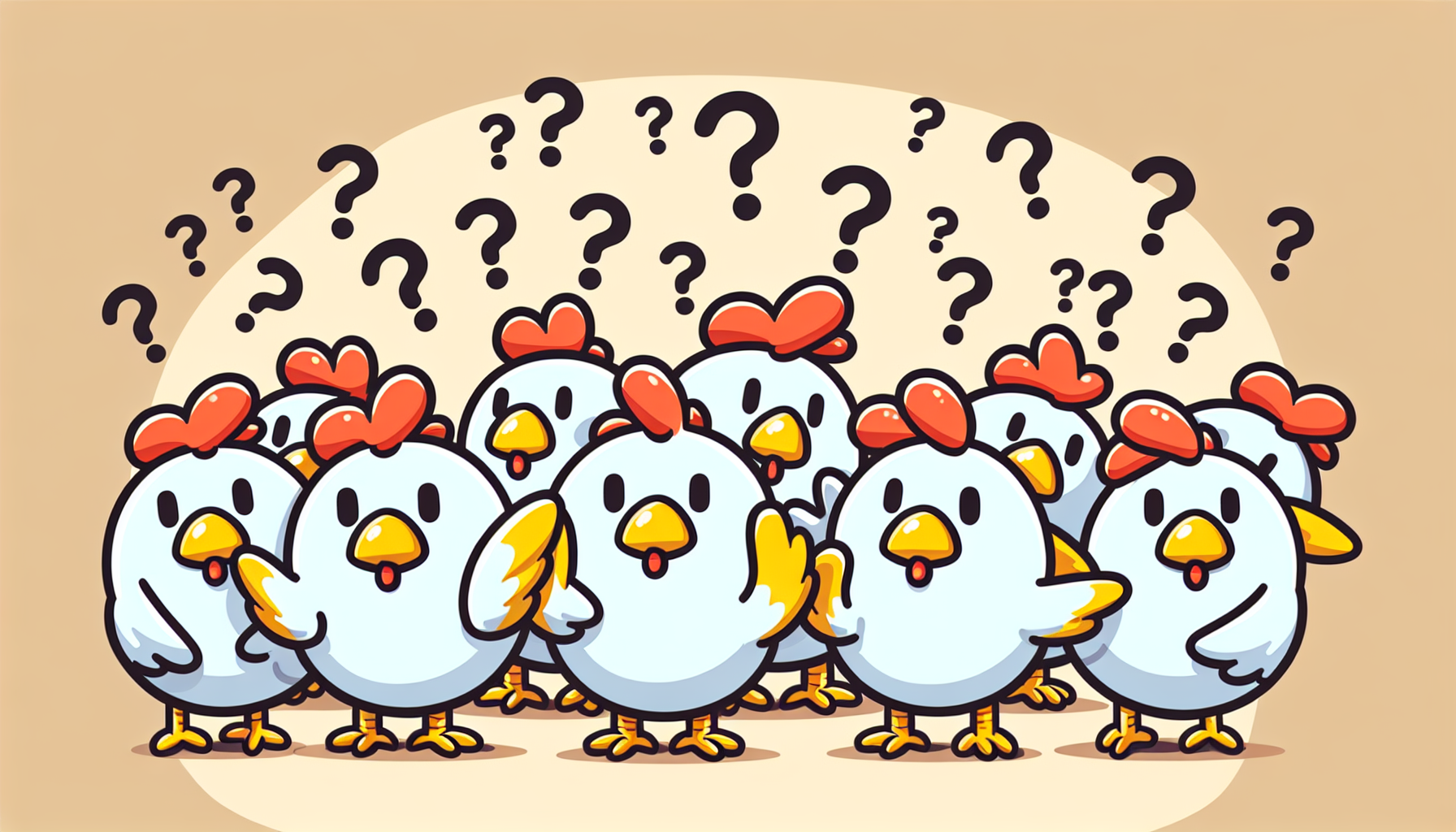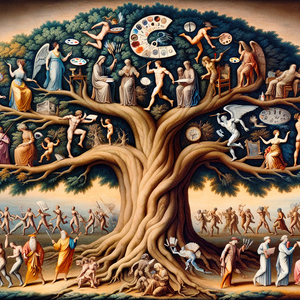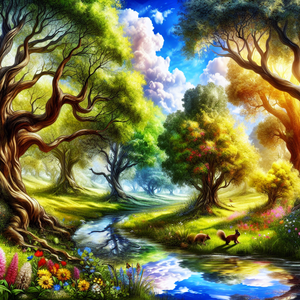The Evolution of the Chicago Bears: From 1920s Underdogs to NFL Titans

The Bears were founded in 1920 as the Decatur Staleys, a team that played in the newly formed American Professional Football Association, which would later become the NFL. The Staleys had a successful first season, finishing with a record of 10-1-2, but financial struggles led to a move to Chicago in 1921. The team was renamed the Bears in 1922, symbolizing a new beginning. However, the early years were marked by challenges, including fierce competition and fluctuating performance. Despite these struggles, the Bears made their mark by establishing a strong defensive culture. In 1925, they won their first championship under head coach George Halas, who would become a pivotal figure in the franchise. Halas's leadership and vision were instrumental in laying the groundwork for what would become a dominant team. His emphasis on teamwork, discipline, and innovation would define the Bears' identity for decades to come.
The Golden Era: Dominance in the 1980s
The Bears truly cemented their legacy during the 1980s, a decade that would be remembered for its dominance on the field. Under head coach Mike Ditka, the 1985 Bears emerged as one of the most formidable teams in NFL history. With a ferocious defense known as the "Monsters of the Midway," the team not only won Super Bowl XX but did so in a commanding fashion, defeating the New England Patriots 46-10. This victory was not just a game but a cultural phenomenon that solidified the Bears' status in the NFL. This era was defined by iconic players such as Walter Payton, whose unmatched skill and sportsmanship made him a beloved figure. Payton, who played for the Bears from 1975 to 1987, remains one of the greatest running backs in NFL history. His work ethic and dedication to the game left a lasting impact, inspiring future generations of players and fans alike. Payton's legacy is exemplified by his ability to perform under pressure and his unyielding commitment to his team, which resonates with the core values of the Bears organization.
The Legacy of Iconic Players
Throughout its history, the Chicago Bears have been home to numerous legendary players who have left an indelible mark on the franchise and the league. In addition to Walter Payton, athletes like Dick Butkus and Brian Urlacher redefined the linebacker position and became cultural icons. Butkus, known for his fierce tackling and relentless pursuit, was a cornerstone of the Bears' defense in the 1960s and 70s. His tenacity and leadership on the field epitomized the toughness associated with the Bears. Similarly, Urlacher's athleticism and leadership in the early 2000s brought the team back to prominence, leading to multiple playoff appearances. Urlacher's ability to read offenses and make game-changing plays exemplified the Bears' tradition of defensive excellence. These players not only excelled on the field but also represented the values of the Bears organization—hard work, dedication, and a commitment to excellence. Their contributions have transcended the game, shaping the identity of the Bears and influencing the NFL as a whole.
Challenges and Resilience in the Modern Era
While the Bears have enjoyed periods of success, they have also faced challenges in recent decades. The team has undergone numerous coaching changes and a series of ups and downs in performance. However, the spirit of the franchise remains intact, as fans continue to demonstrate unwavering loyalty. The passionate fan base, known for their loyalty and fervor, has been a source of motivation for the team, even during tough times. Notable moments in recent history include the team's return to the playoffs in 2018, led by young quarterback Mitchell Trubisky and a revitalized defense. The Bears finished the regular season with a 12-4 record and secured the NFC North title. Though the Bears fell short of Super Bowl aspirations, their resurgence sparked hope for a new generation of fans and players alike. The resilience of the franchise is a testament to its rich history and the enduring love of its supporters.
The Chicago Bears’ journey from underdogs to NFL titans is a testament to the power of resilience, dedication, and community. Through triumphs and tribulations, the Bears have forged a legacy that resonates beyond the football field. The stories of legendary players, iconic moments, and a passionate fanbase fuel the spirit of the franchise. As the Bears continue to evolve in the modern era, they carry with them the weight of their history, which is intertwined with the cultural fabric of Chicago and the NFL. The evolution of the Chicago Bears is not just a narrative of wins and losses; it is a story of heart, loyalty, and an enduring love for the game of football.
Sports Marketing Manager
NFL teams, sports marketing agencies, sports apparel companies
Core Responsibilities
Develop and implement comprehensive marketing strategies to promote the team and engage fans.
Collaborate with media and sponsorship partners to maximize brand visibility and revenue.
Analyze market trends and fan demographics to tailor marketing campaigns effectively.
Required Skills
Strong understanding of digital marketing and social media platforms.
Proficiency in data analysis to measure campaign effectiveness.
Excellent communication and interpersonal skills for collaboration with multiple stakeholders.
Athletic Trainer
Professional sports teams, colleges and universities, sports medicine clinics
Core Responsibilities
Provide preventive care, emergency care, and rehabilitation for athletes.
Develop and implement injury prevention programs and conditioning regimens.
Collaborate with coaches and medical staff to ensure athletes' health and performance.
Required Skills
Certification from the Board of Certification for the Athletic Trainer (BOC).
Strong knowledge of anatomy, physiology, and sports injuries.
Excellent communication skills to educate athletes and staff on health and safety.
Sports Event Coordinator
Professional sports teams, event management companies, convention centers
Core Responsibilities
Plan and execute game-day operations, including logistics, scheduling, and staffing.
Coordinate with vendors, sponsors, and venue management to ensure a seamless event experience.
Manage budgets and oversee ticket sales and marketing efforts for events.
Required Skills
Strong organizational and project management abilities.
Experience in vendor negotiation and contract management.
Ability to work under pressure and adapt to last-minute changes.
Sports Data Analyst
Professional sports teams, sports analytics firms, universities with athletics programs
Core Responsibilities
Analyze player performance statistics and game data to provide insights for coaching decisions.
Develop predictive models to assess player and team performance trends.
Prepare reports and visualizations to communicate findings to coaching staff and management.
Required Skills
Proficiency in statistical software (e.g., R, Python, SQL) and data visualization tools.
Strong analytical and problem-solving skills with attention to detail.
Background in sports science, statistics, or a related field.
Community Relations Manager
Professional sports teams, non-profit organizations, community foundations
Core Responsibilities
Develop and manage community outreach programs that enhance the team's image and involvement in local initiatives.
Coordinate player and staff participation in community events and charitable activities.
Build relationships with local organizations and stakeholders to foster community support.
Required Skills
Strong interpersonal and communication skills to engage with diverse community members.
Experience in public relations or non-profit management.
Passion for sports and community service, with a focus on building lasting relationships.


